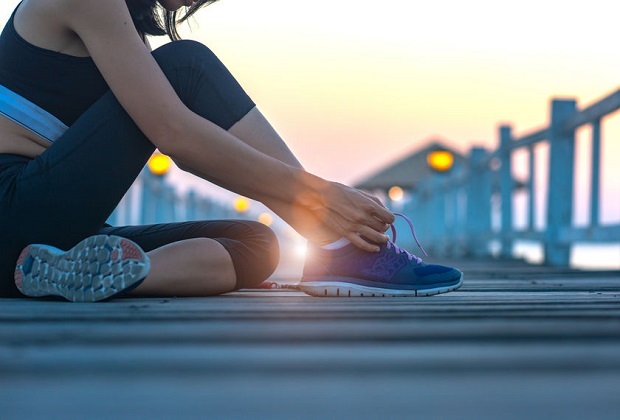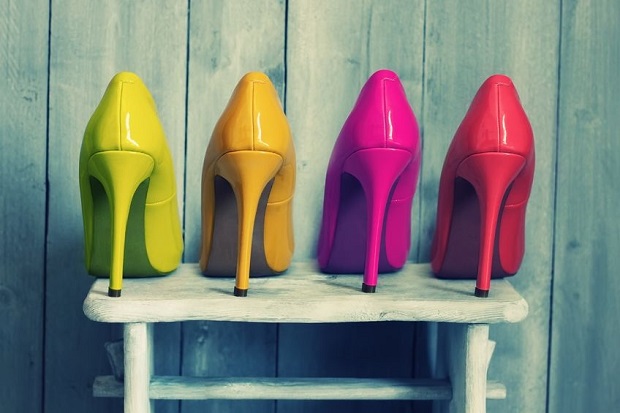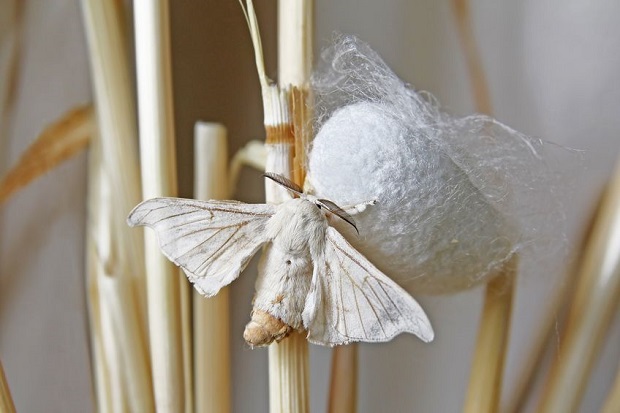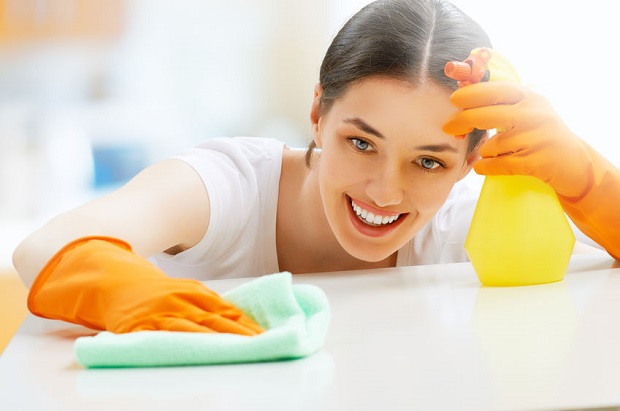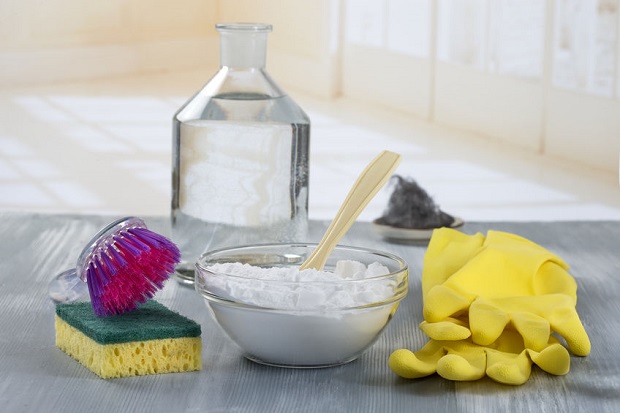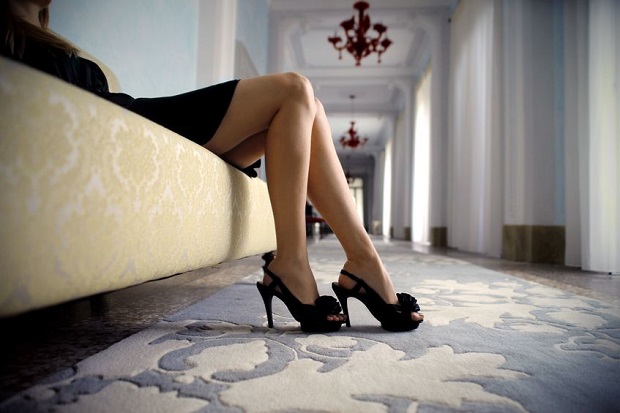
There are several reasons why your shoes squeak when you walk.
- One part of the shoe rubbing against another.
- Moisture is trapped between an insert and the rest of the shoe.
- Air bubbles have formed within the shoe.
- Inserts do not fit properly, causing friction.
- Structural issues.
How Do I Stop My Shoes From Squeaking?
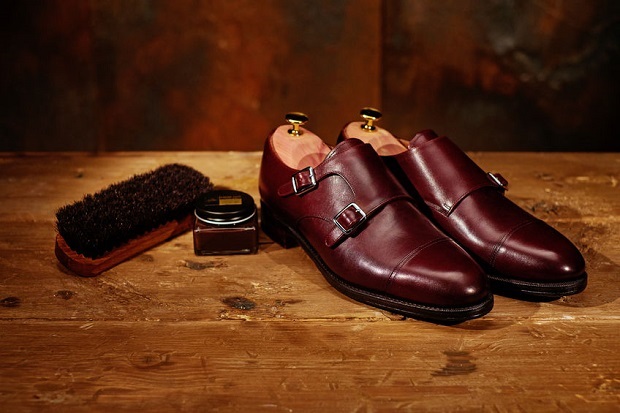
One part of the shoe rubbing against another
According to the popular shoe brand Merrell, rub the entire shoe’s exterior with a shoe conditioner labeled for the shoe material.
Inspect the shoe for pieces that may have come apart and are now rubbing together. Use shoe glue adhesive on loose parts or bring it to a cobbler.
Moisture is trapped between an insert and the rest of the shoe
Athletic shoe brand New Balance SAYS that sometimes moisture can become trapped between the insert and the rest of the shoe, causing a squeak. They suggest removing the insoles, sprinkling baby powder into the shoes for an entire night, and emptying any excess in the morning.
Others have suggested that cornstarch and baking soda will also do the trick in absorbing moisture.
If you find that your feet sweat a lot and the inside of your shoes are always moist, Heloise suggests stuffing newspaper or crumpled paper bags inside the shoe at the end of the night to absorb moisture.
Air bubbles have formed within the heel.
According to men’s luxury shoe brand Belvedere, you may have a problem with the heel if your leather shoes are squeaking. Heals are sometimes made of layers glued together that can separate over time, trapping air within, which can cause a squeak. A cobbler can fix this or replace the heal.
Inserts do not fit properly, causing friction.
Shoe brand Kuru suggests that a squeak can occur if the insoles have slipped up to one side of the footbed. If your inserts are the cause of the squeak, you may need to realign them. If that doesn’t work, replace the insoles.
Structural issues
If your shoes are brand new and squeak right out of the box, return them before they show wear. If you are faced with a new squeak with a beloved old pair that you can’t part with, the issue could be a loose heel, a cracked sole, or a trapped air pocket. In these cases, it’s best to bring them to a professional cobbler.
Why Do Basketball Sneakers Squeak on a Gym Floor?
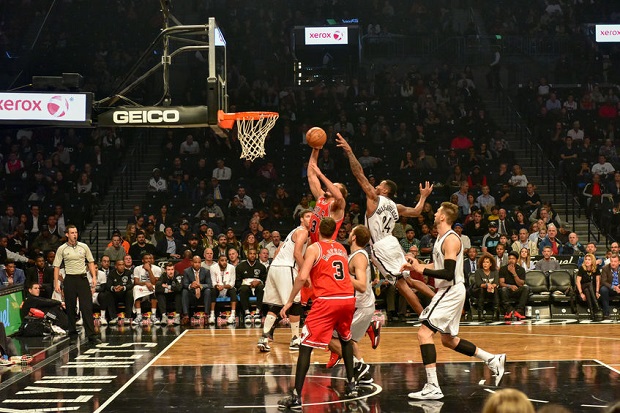
Anyone who has gone to a basketball game or taken a high school gym class knows the sound of squeaky sneakers on a hardwood gym floor. But what causes this? According to Martyn Shorten, who owns a biomechanics consulting firm that mainly works with athletic shoe manufacturers, the answer is the stick-slip phenomenon.
Shorten observed in a New York Times article that “the herringbone structures of the shoe outsole are induced to vibrate at their low-order natural frequencies by stick-slip contact with the surface.” According to Shorten, the audible squeak “tends to happen when the foot first contacts the ground, and when the shoe is lightly loaded and moving quite quickly.”
The second part of the equation is friction. Friction is necessary for sneakers to stick and slip on the floor, and hardwood is a perfect surface. Sneakers seem to squeak the most on hardwood flooring because hardwood deflects sound, making it more audible. Think of the quick, jerky movements of a basketball player on a carpet. The friction wouldn’t be the same, and the carpet would absorb rather than deflect the noise.

